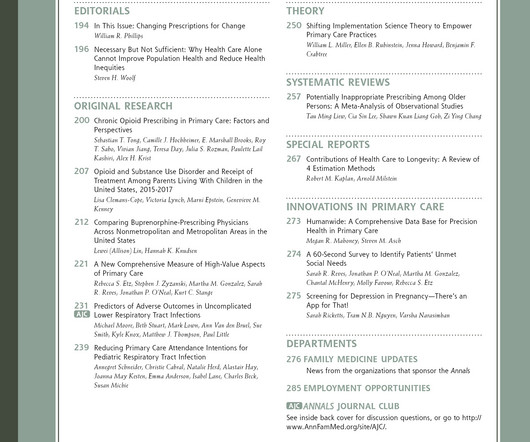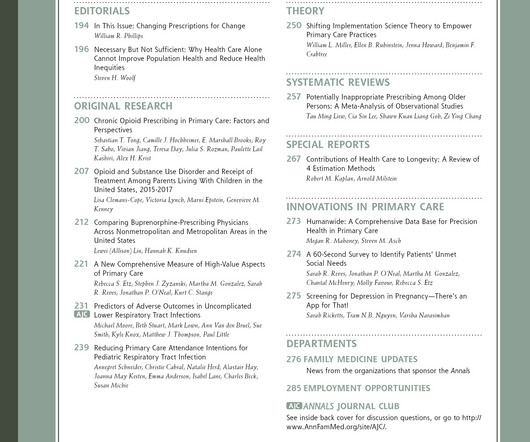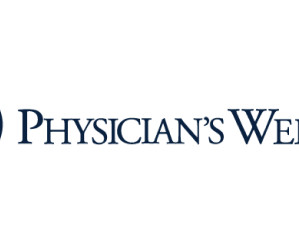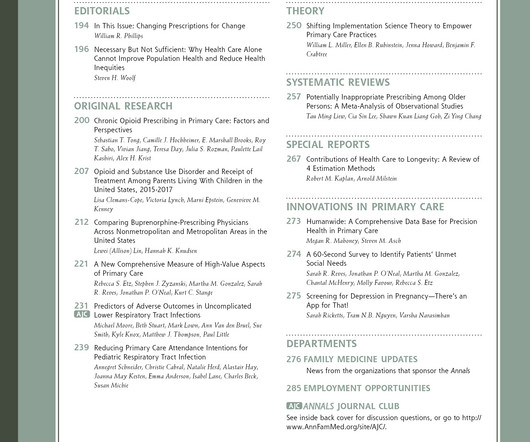Evaluating the Impact of a Longitudinal Clerkship Lecture on Medical Students Knowledge and Response to Human Trafficking [Education and training]
Annals of Family Medicine
NOVEMBER 20, 2024
Few medical schools include this topic in their curriculum, and it is not standardized in undergraduate medical education. Training students to provide care and respond using a trauma informed approach can help ensure our healthcare sites are places of healing and not re-traumatization.























Let's personalize your content